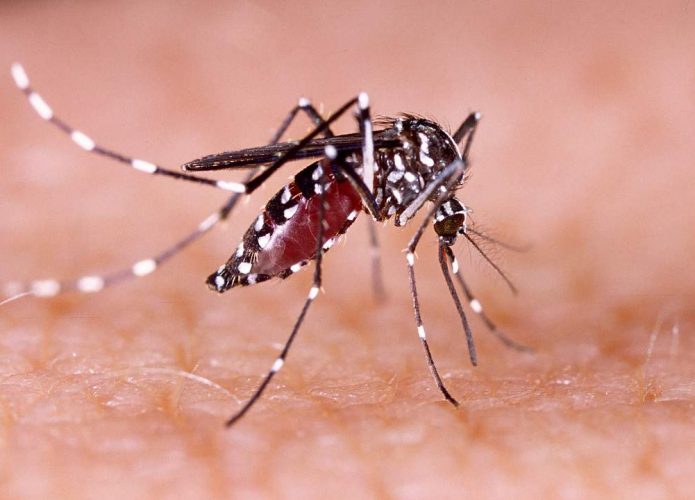Brazil is about to become the first country in the world to offer the dengue vaccine for free on the public network.
With the arrival of the first doses, the vaccination campaign through the Unified Health System (SUS) is expected to begin in February.
However, the immunization will be very limited: the target audience will be children and adolescents aged 10 to 14 years who live in some cities designated by the federal government.
According to the Ministry of Health, the restriction of coverage is due to the low production capacity of the vaccine by the Japanese Takeda Pharma laboratory.
Read more
In total, 521 municipalities will be covered in this first wave. The Ministry expects that the acquired doses will be able to immunize about 3.2 million people throughout 2024.
Dengue has once again become a public health concern in the country, amid an increase in cases and deaths recorded since last year.
In 2023, Brazil broke the record for deaths: there were 1,096. In 2024, the number of cases already registered will double what it was in the same period last year.
Understand distribution standards
- According to the Ministry of Health, the cities and age groups were not chosen randomly.
- The folder states that it follows standards set by the World Health Organization (WHO).
- The age group between 10 and 14 years was approved because it is the group most affected by the disease, after the elderly.
- However, people over the age of 60 cannot take the vaccine due to a lack of clinical studies.
- This 10- to 14-year-old age group currently has the highest number of hospitalizations in the country.
- Once the age was determined, the government focused on geographic criteria.
- According to the Brazilian Institute of Geography and Statistics (IBGE), there are 13.6 million people in this age group, but only 3.2 million of them will be able to be vaccinated.
- Therefore, the Ministry of Health decided to consider cities with a population of more than 100,000 people and neighboring municipalities as having cases of dengue fever type 2.
- As a result, the vaccination program will cover only 521 municipalities out of more than 5,000 Brazilian municipalities.
- The list included 16 states and the Federal District.
- Rio Grande do Sul, Pará, Amapa, Piauí, Mato Grosso, Rondonia, Ceará, Alagoas, Sergipe and Pernambuco were excluded.

You can access the list of selected municipalities here.
Limited doses
The Qdenga vaccine was purchased from the Japanese Takeda Pharma laboratory. In total, 6.5 million doses will be delivered in 2024 – 5.2 million doses purchased and the remainder donated by the manufacturer.
Volume, according to Takeda, is the limit of its production capacity. An additional 2.5 million doses are expected to be delivered in 2025.
Remember that complete immunization depends on two doses. In other words, the volume of people served represents half the number of vaccines purchased.
So the campaign will be very limited. But the government is working to find some alternatives to solve this problem.
The main issue concerns an immunological tool being developed by the Butantan Institute. There's no set deadline yet, but expectations are high.
With this new national vaccine, production capacity will increase significantly, with the possibility of expanding the campaign to include more age groups.
Do your part
Even with the arrival of a vaccine, it is important to make clear that the best way to combat dengue is to prevent mosquito breeding. Aedes aegypti.
To that end, it is important that you, ordinary citizens, help in this fight as well – by doing simple things on a daily basis.
- Keep your home's water tank tightly closed;
- Don't let water accumulate in plant pots or old tires;
- Clean your home's gutters well;
- Always empty bottles, pots, vases – anything that could leave standing water;
- Does not accumulate scrap or debris.
- Also be careful with pools that are not maintained and rarely used.
The Brazilian News Agency and the Ministry of Health have made illustrative art available with these gestures that you can – and should – adopt in the fight against dengue.

Information is from Ministry of Health.

“Wannabe internet buff. Future teen idol. Hardcore zombie guru. Gamer. Avid creator. Entrepreneur. Bacon ninja.”

